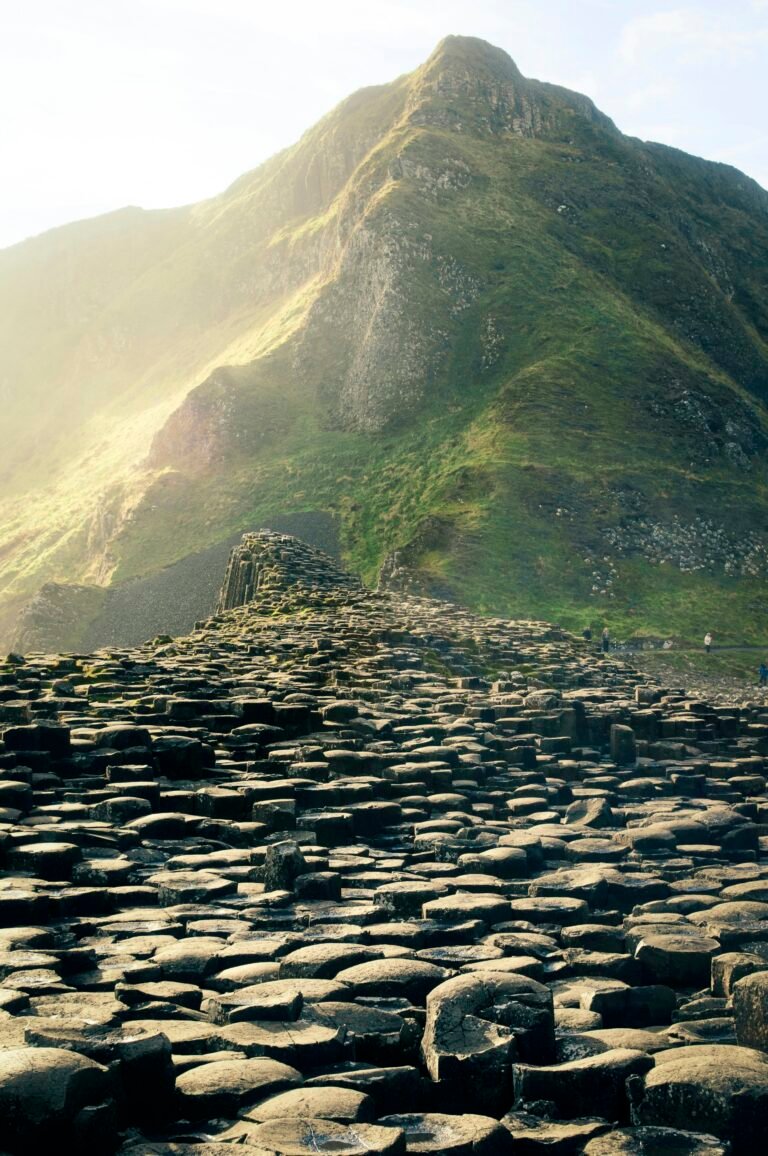Atlantic Technological University (ATU) has issued a call for applications for two scholarships dedicated to researching deer diets and deer density in Ireland. These projects are integral components of the broader DeerImpact initiative, which aims to evaluate the impact of deer on Irish forest ecosystems. The ultimate goal is to generate evidence-based insights that can guide deer management strategies and policies. Funding for this endeavor is provided by the Department of Agriculture, Food and the Marine, with collaborative efforts from University College Dublin (UCD) and National University of Ireland, Maynooth (NUIM).
These two research endeavors will focus on estimating deer densities in Ireland through non-invasive genetics techniques, as well as exploring dietary interactions among different deer species in the country using similar genetic methods. Both projects will be conducted from the premises of ATU Galway, formerly known as Galway-Mayo Institute of Technology. The deadline for submitting applications for these research opportunities is set for 12:00 p.m. on September 3. Successful candidates for both projects will receive a stipend of €25,000 and will engage in a four-year research period.
In its announcement, ATU emphasized the critical need for addressing the escalating deer populations across Ireland, which have been causing significant financial and environmental harm to forests and agricultural lands. The university highlighted the challenges faced by stakeholders in determining deer density thresholds that differentiate sustainable from unsustainable populations. This knowledge is vital for implementing effective management strategies to mitigate the adverse effects of high-density deer populations on Irish biodiversity.
The primary objective of the project focusing on deer density is to utilize non-invasive genotyping of fecal samples to estimate the densities of the three main deer species found in Ireland: red deer, sika deer, and fallow deer. On the other hand, the research project examining dietary interactions among deer species aims to investigate how the diets of these species intersect and whether there is a correlation between deer density, behavior, diet, and subsequent impacts on vegetation.
Applicants for these research positions are required to possess a minimum of an honors degree with a classification of 2:1 or equivalent in a related field such as Zoology, Genetics, Ecology, or a cognate discipline. Successful candidates will be expected to demonstrate initiative, self-motivation, and a willingness to acquire the necessary skills to complete a Ph.D., as stated by ATU.
Atlantic Technological University’s initiative to delve into the complexities of deer populations in Ireland underscores the pressing need for informed and strategic interventions to address the challenges posed by these animals. By harnessing cutting-edge genetic techniques, the research projects aim to provide valuable insights into deer densities and dietary interactions, ultimately paving the way for more effective deer management practices.
The collaboration between ATU, UCD, NUIM, and the Department of Agriculture, Food and the Marine signifies a concerted effort to tackle the multifaceted issues associated with deer populations in Ireland. This interdisciplinary approach reflects a commitment to evidence-based decision-making and sustainable environmental stewardship.
The call for applications for these research scholarships presents a unique opportunity for aspiring researchers to contribute to a significant conservation effort and advance our understanding of the intricate relationships between deer, ecosystems, and human activities in Ireland. The successful candidates will play a pivotal role in shaping future strategies for deer management and biodiversity conservation in the country.
As Ireland grapples with the escalating challenges posed by deer populations, the importance of research initiatives like DeerImpact cannot be overstated. By fostering a deeper understanding of deer densities, dietary behaviors, and their ecological impacts, these projects hold the potential to inform targeted interventions that can help mitigate the negative consequences of deer overpopulation on the environment and agricultural sectors.
ATU’s commitment to supporting research that addresses pressing environmental issues reflects a broader dedication to promoting sustainable practices and safeguarding Ireland’s natural heritage for future generations. Through collaborative efforts and innovative research methodologies, the DeerImpact project exemplifies the power of scientific inquiry in driving positive change and fostering harmonious relationships between wildlife and human communities.
In conclusion, the call for applications for research scholarships focusing on deer diets and densities in Ireland marks a significant step towards enhancing our understanding of the intricate dynamics between deer populations and their ecosystems. By investing in cutting-edge research and fostering collaboration among academic institutions and governmental bodies, ATU is paving the way for evidence-based solutions that can effectively manage deer populations and preserve Ireland’s rich biodiversity for generations to come.





